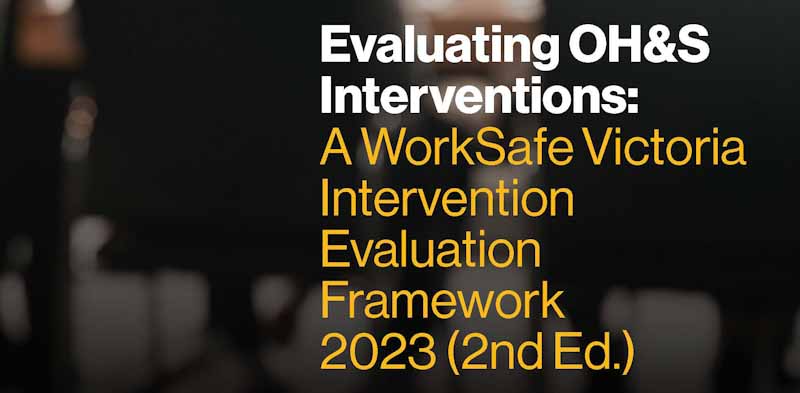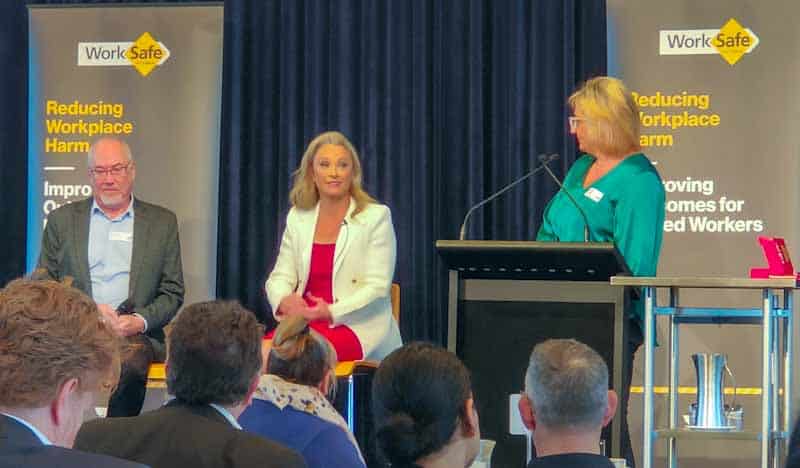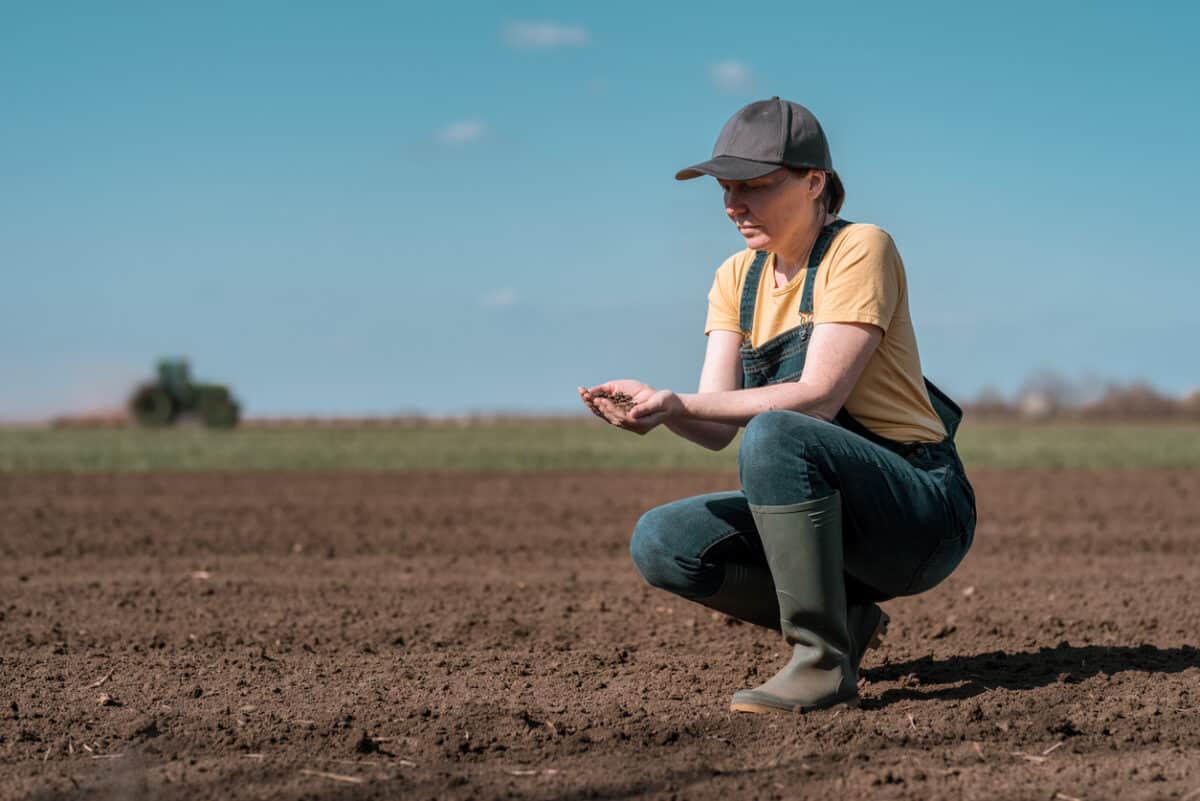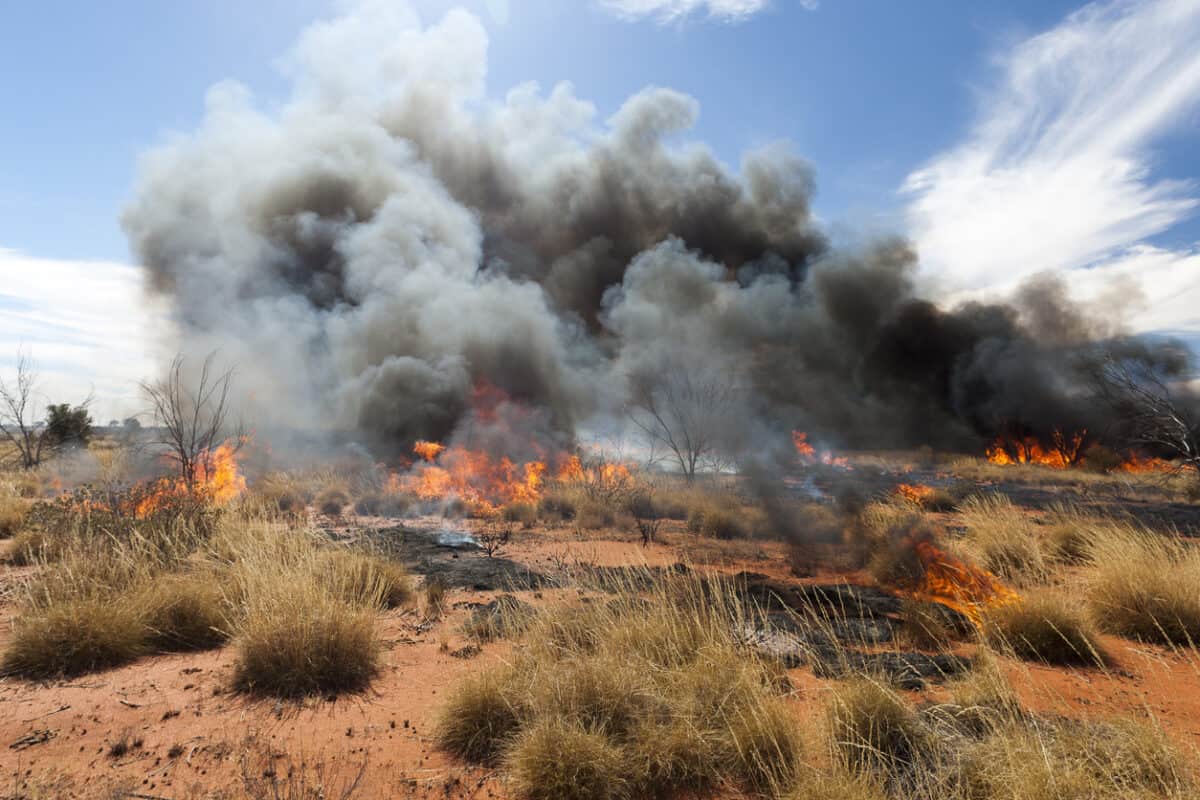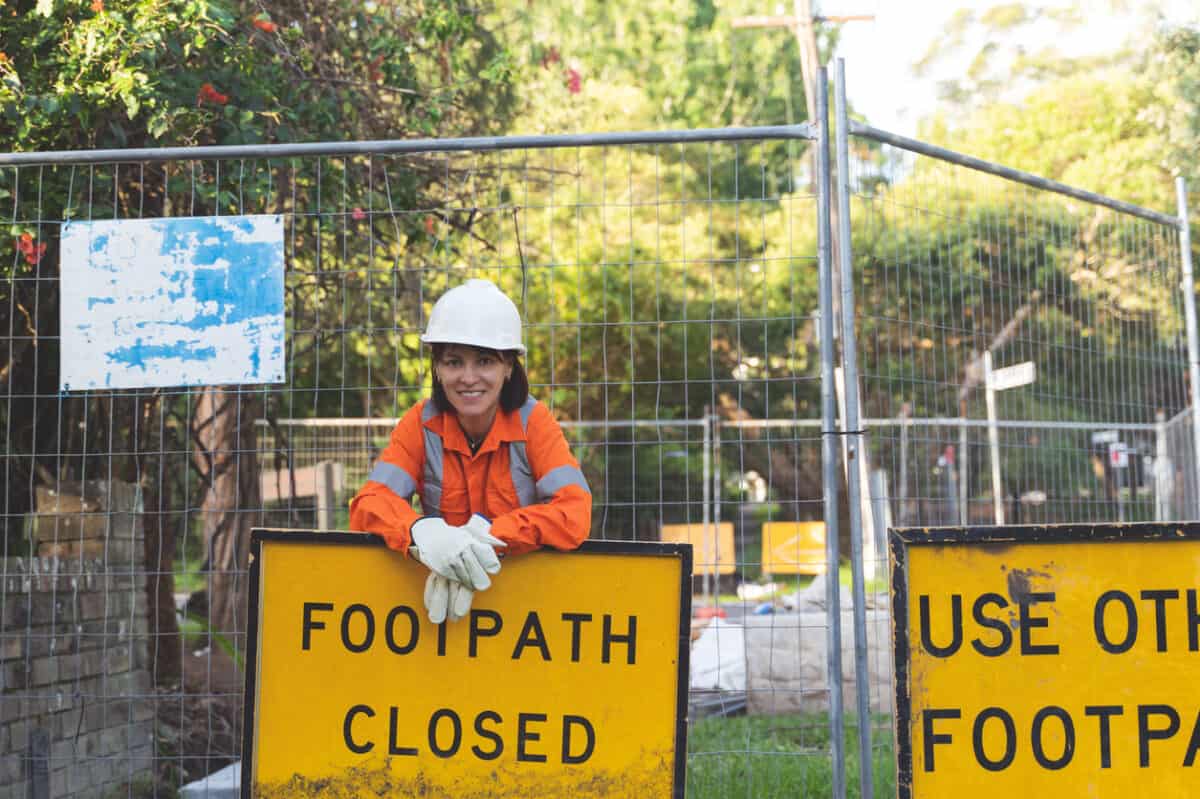Last month, an extraordinary document appeared – “Evaluating OH&S Interventions: A WorkSafe Victoria Intervention Evaluation Framework 2023 (2nd Ed.).” Its extraordinariness comes from its appearance with no fanfare or promotion; it is a second edition of something published in 2004 (which I cannot recollect), it has authoritative authors, and it is a document many have been asking for.
Category: WorkSafe
Different OHS messages to different audiences
Last week, WorkSafe Victoria held its annual Business Leaders’ Breakfast. The keynote speaker was Karen Maher, who spoke about the need for an effective and respectful workplace culture that would foster a healthy psychosocial environment. Her presentation would have been familiar to many of the occupational health and safety (OHS) and WorkSafe personnel in the audience, but it may have been revolutionary for any business leaders. Maher outlined the need for change but not necessarily how to change or the barriers to change.
The event did provide a useful Q&A session and afforded the new WorkSafe Victoria CEO, Joe Calafiore, his second public speaking event in a week.
New data on workplace suicides should change the mental health at work discussion
“No one should die at work” is a common statement at Worker Memorial Services every year. Occupational health and safety (OHS), in particular, uses death as a starting point for reflection and sometimes action. Workplace death is a recognised worst-case scenario and has long been established as a benchmark for measuring OHS progress.
[This article discusses workplace suicides]
There is increased interest in psychosocial hazards at work with the worthy goal of preventing these hazards. However, psychosocial deaths such as those by suicide do not hold the same place or role as “traditional” physical workplace deaths. They are rarely the launching pad for drastic change in our systems of business, but that is starting to change if new data and analysis are any indication.
Trade union organiser jumps the gun on Industrial Manslaughter after mine rockfall
Last week, a miner, Kurt Hourigan, died in a rockfall in a gold mine in the rural city of Ballarat. Another was rescued, and over twenty work colleagues were able to access a safety pod and exit the mine later.
Accusations of mismanagement and deficient occupational health and safety (OHS) practices are rife. The media coverage of the disaster and its aftermath reflects the days immediately after the Beaconsfield Mine Disaster in Tasmania in 2006, where the trade union, the Australian Workers Union (AWU), dominated the provision of information. But why is the AWU calling for a prosecution for Industrial Manslaughter? And why now? Isn’t there a stronger OHS message available?
The (fatal) flaw in over-reliance on government safety funding
As I write this, I am in a rooftop bar not far from the Astor Theatre, where the new Australian film ”Just a Farmer” is premiering. I am expecting a powerful story of the struggles of a farming family and community after one of their members dies by suicide. The film will likely touch on themes like the dearth of mental health support services in rural areas, the male-dominated culture of farming in Australia and the need and desire for more occupational health and safety (OHS) support services in the country. But it is the latter struggle that is most on my mind at the moment.
National organisations that support farm safety are not guaranteed the level of funding from governments they have received previously. Although the federal budget remains in surplus, it is politically expedient to keep the government purse strings tight in this time of high-interest rates and a cost-of-living crisis. This affects support services and programs for farm safety.
Industrial Manslaughter fears
The Australian Broadcasting Corporation (ABC) has published an article about concerns by West Australian local governments with exposure to prosecution for Industrial Manslaughter under WA’s work health and safety legislation. The concerns seem wellfounded, but the article lacks a social and moral context.
HSRs are one option for Consultation, not the be-all and end-all
WorkSafe Victoria’s obsession with Health and Safety Representatives (HSRs) was displayed at last week’s 2023 WorkSafe Awards night. The HSR of the Year nominations generated rowdiness in the audience, absent from the rest of the evening. The political context for emphasising HSRs in workplaces is understandable; there is always a close (and financial) relationship between trade unions and left-leaning political parties like that currently governing Victoria. HSRs and occupational health and safety (OHS) committees have been part of Victoria’s OHS legislation since 1985.
But only as one element of Consultation – a concept and principle that applies to all Victorian workplaces, not just those with trade union members or HSRs.

